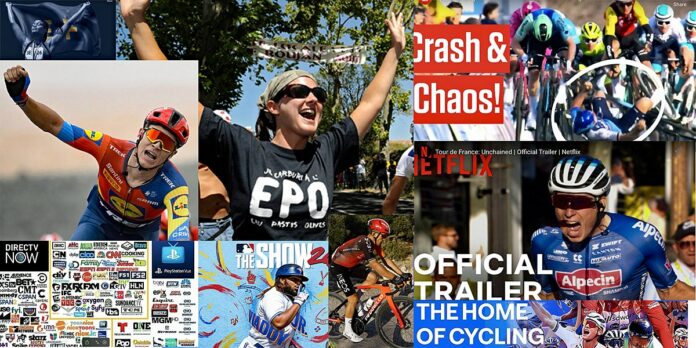In this week’s AIRmail newsletter, The Outer Line takes an in-depth look at trending cycling news: Is Ineos sport empire collapsing? Time for independent race safety monitors, Netflix series ends, enhanced games on track and continuing squeeze on niche sports.
# Catch up on pro cycling – and its context within the broader world of sports – with AIRmail … Analysis, Insight and Reflections from The Outer Line. You can subscribe to AIRmail here, and check out The Outer Line’s extensive library of articles on the governance and economics of cycling here. #
Key Takeaways:
Is the Ineos Sports Empire Toppling?
It’s Time for Independent Race Safety Managers
Netflix Cycling Series is Discontinued
The “Enhanced Games” Move Forward
Niche Sports Continue to Be Squeezed Out
UAE Tour stage 1 win for Lidl-Trek’s Jonathan Milan
The 2025 cycling “pre-Classics” season has shifted into high gear over the last few days, with the smaller weekend races, like the Figueira Champions Classic and Tour de la Provence, leading into the Monday’s mixed-surface Clásica Jaén and the Tadej Pogačar-headlined WorldTour-level UAE Tour on Monday. Lidl-Trek’s red-hot Jonathan Milan racked up his third victory of 2025 by successfully countering a late Tadej Pogačar attack on Stage 1 at the UAE Tour, while at Jaén, Ineos’ veteran Michał Kwiatkowski took a much-needed first European pro win of the 2025 season for his team. Ineos has been under immense pressure to pick up victories after the team had a terrible 2024 campaign, and then let two of its most productive riders – Jhonatan Narváez and Tom Pidcock – slip away in the off-season; unfortunately, they also just lost a resurgent Egan Bernal for the immediate future due to a late crash at Jaén. However, it is telling (and perhaps not an optimistic indication for the future) that the win was brought home by a veteran of the old Team Sky era – not one of their countless talented and young new recruits which they are struggling to develop into consistent winners.
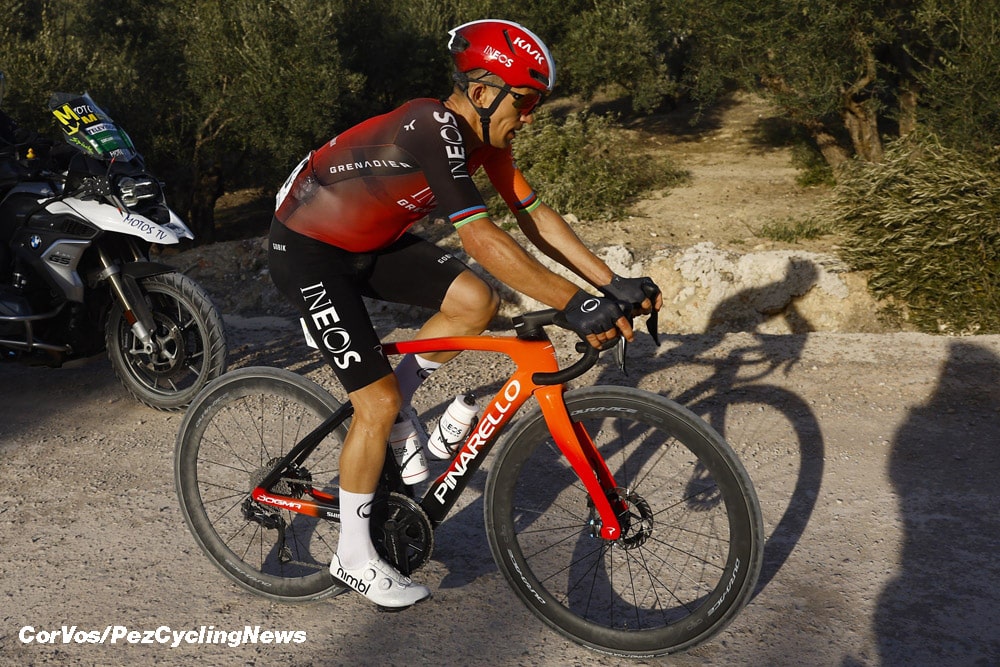
Michał Kwiatkowski took the win in Jaén for INEOS
Speaking of Ineos, other recent challenges suggest that its cycling project is among the least of its problems. Ineos CEO Jim Ratcliffe’s minority stake in the Manchester United football club is already on shaky ground, as the club needs another massive capital infusion due to a hugely expensive roster and other operational factors, and it is only barely hanging on above the English Premier League’s relegation zone. Four-time Olympic champion sailor Ben Ainslie recently left Ineos’ Britannia America’s Cup sailing team after reportedly clashing with Ratcliffe’s vision. News broke on Monday that Ineos and the Mercedes F1 team nearly split in 2024, with sources directly citing Ineos’ desire to cut back its vast sports portfolio. And now, New Zealand Rugby has launched legal action against Ineos for failing to pay the first sponsorship installment of 2025, despite having three more years on its deal with the All Blacks. Ineos responded that it was looking to “adjust its sponsorship” as part of a cost-cutting initiative across all its businesses, which it says have been hurt by high energy costs and “the deindustrialisation of Europe.” Whatever this techno-doublespeak means, the implications are that the company is in an extreme cash crunch; this should be a critical warning to the non-revenue generating portions of its sporting portfolio like pro cycling. Ineos spends a reputed $50 million-plus per year on the team and it is safe to assume that its accountants will cast a critical eye on their continued performance.
Tour de Provence stage 3 crash
The issue of race safety is once again a prime discussion topic amidst the flurry of early-season racing. Issues like the presence of civilian cars on the course at Bessèges which we discussed last week are generally the result of small and weaker organizations or a lack of funds. However, the most recent incident, which saw Pascal Ackermann crash at high speed during a bunch sprint at the end of Stage 3 of the Tour de la Provence, was due to the completely inexplicable presence of a speed bump inside the final few hundred meters. Unlike other incidents from the recent past, such as the calamity at last year’s Tour of the Basque country, the potential for disaster in this case was glaringly obvious to anyone even casually surveying the final sprint line. Furthermore, a solution – like slightly adjusting the finish line or shaving down a speed bump – could have been accomplished with relative ease and minimal cost. The fact that such simple preventive measures were not taken seems to speak volumes as to how little the UCI is actually doing to promote rider safety, despite its recent initiatives, such as SafeR. It seems that it may be time to consider employing a team of completely independent safety managers to vet and approve race routes – a pretty simple idea which our colleague Daam van Reeth formally suggested over ten years ago.
No more Tour Netflix series
As pro cycling fans continue to reel from a seemingly constant string of bad news, Netflix announced it will cease production of its “Unchained” cycling documentary series. Just weeks after Eurosport announced that it was closing down, and depriving much of Europe of regular cycling coverage, Netflix said that its series on the 2024 Tour de France, scheduled for release later this year, would be its last. One could attribute this to a greater focus on live sports at Netflix, or an increasing focus on the major American sport leagues at the cost of niche sports like cycling. Regardless, it feels as if cycling’s public visibility – which has never been very broad or deep – continues to steadily decline. As we have argued for years, it is very difficult to promote and popularize a sport if it is too difficult to produce or if it is too expensive to access it via terrestrial or streaming broadcasts. Although “Unchained” may have seemed elementary or oversimplified to hardened fans, it definitely brought at least some new fans into the sport. With it being discontinued and as television coverage becomes harder and harder to find in key markets, it seems that cycling is closing in on itself, or as one observer opined, that the “drawbridges are being pulled up.” At the rate that viewership and accessibility has been declining lately, it seems that this will soon be a rather existential challenge for the sport – more on that below.
Enhanced Games
The so-called “Enhanced Games” seem set to continue moving forward, with a recent “double-digit” million dollar investment by a group including Donald Trump, Jr. The brainchild of Australian entrepreneur Aron D’Souza, the “games” are a proposed contest involving swimming, track and field, and other sporting challenges in which there would be no doping restrictions. The International Olympic Committee has said that the games “do not merit a comment” and USADA chief Travis Tygart has referred to the event as a “clown show.” While D’Souza does raise legitimate questions and complaints about WADA and the current anti-doping regime under the IOC, he takes pains to describe the games not as a doping free-for-all, but as a “celebration of humanity at large, and a celebration of science.” Meanwhile Trump, Jr. said, “this is about excellence, innovation, and American dominance on the world stage.” And President Trump himself appears in a video on the event’s website, saying “the impossible is what we do best.” Given the President’s recent attendance at the Super Bowl, executive order on transgender participation in sport, purported involvement in the LIV Golf/PGA discussions, and lap at Sunday’s Daytona 500, the new administration will apparently not be shy with regards to the potential soft political power of sport.
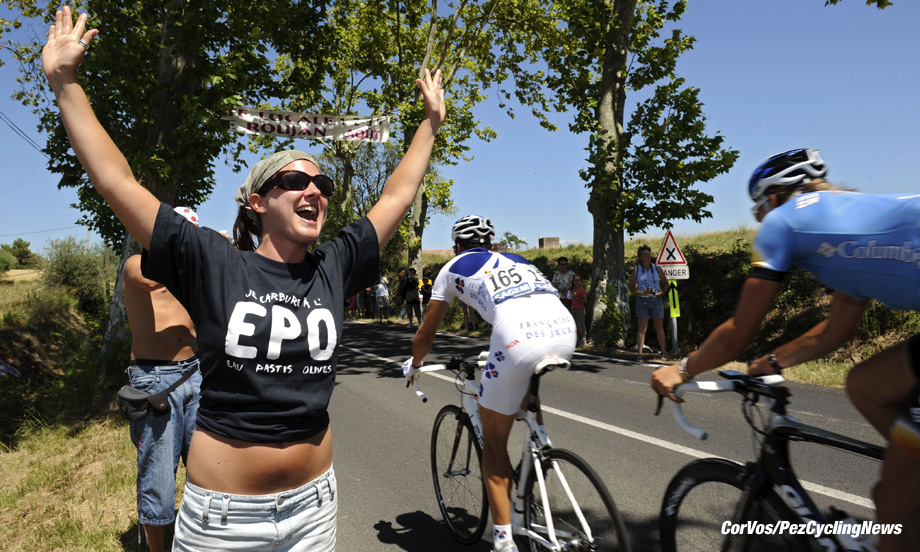
legalized doping
The real objectives of the Enhanced Games may seem fuzzy, other than as an attention-grabbing sideshow on-par with bare-knuckle boxing and professional slap fights. However, ethical concerns and medical implications are unlikely to impede the events from moving forward. Given that the sports will not be sanctioned by any Olympic-chartered body – and can therefore ignore the WADA code – anti-doping arguments or concern about the ethics of attending medical professionals are largely irrelevant. Anti-doping is a construct of fairness in sports in which unnatural advantages from drugs and preservation of athlete health are paramount concerns. But in reality, any doctor can treat a patient with medication to alleviate a diagnosed condition; Olympic-sanctioned sports like elite UCI cycling translates this into therapeutic use exemptions (TUEs) for a wide range of nuanced conditions like exercise-induced asthma. And many sports ethicists have argued for years that TUEs are nothing more than a loose containment policy for “legalized doping.” More generally, medically-overseen “human enhancement” (aka “personal enhancement”) treatments are a legitimate $19 billion global market (and possibly much higher). The Enhanced Games could be the first time we see world class athletes transparently training and competing with legitimate medications and novel techniques that would otherwise lead to athlete sanctions. Whether this potentially expands scientific knowledge about the limits of human physiology or harms any of the athletes remains to be seen.

Baseball on its own platforms
As we discussed last week, the sports media rights market is quickly polarizing and crowding out niche sports. In last week’s commentary, we noted the recent move by the Texas Rangers baseball franchise to broadcast its games on its own platform, instead of bundling the team’s content with a regional sports network; self-broadcasting is becoming an increasingly popular option among multi-billion dollar valued franchises seeking to maximize their media revenue stream revenues in a challenging market. The Rangers joined cross-town franchise neighbors, the NBA’s Dallas Mavericks and NHL’s Dallas Stars, and now the WNBA’s Dallas Wings, in controlling their own local market fortunes. Many other franchise professional sports teams – and their league partners – may be faced with the same decision, as the revenue potential for licensing exclusivity and maximizing broadcast product demand may soon intersect, possibly with a bang. Sports broadcast aggregation channels have become top-heavy with long-term, multi-billion dollar agreements to carry the major four sports, meaning that all other league deals and events may have to be renegotiated – or even cancelled. This looming ricochet has the potential to devalue pro cycling’s market value and that of other niche sports for years to come.
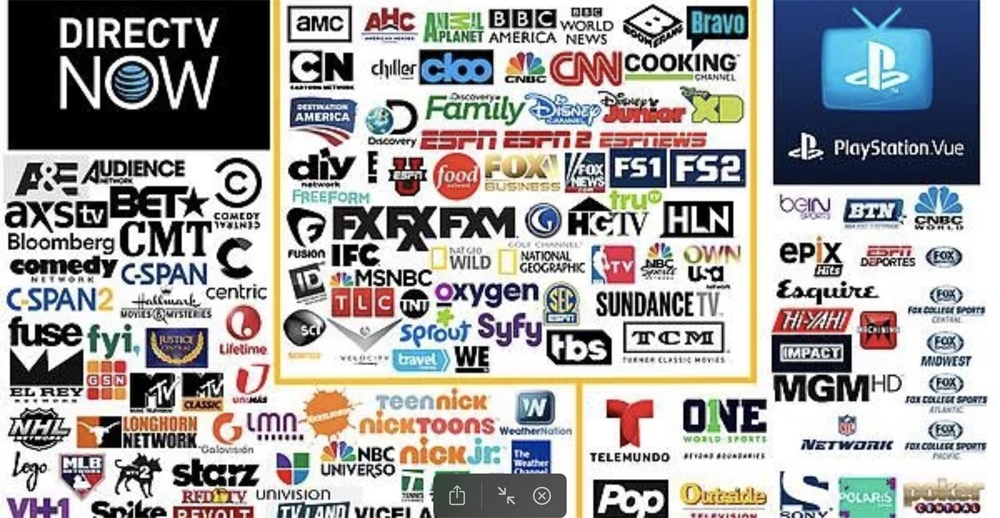
How to watch cycling?
As solid proof of this trend, ESPN may opt-out of its future MLB broadcast rights in favor of other leagues it will carry on its new flagship streaming service, including expenditures of approximately $2.7 billion for its NFL games, $2.6 billion for the NBA, and the rapidly expanding cost to carry collegiate football at $1.3 billion per season. An immediate casualty of this profitability crunch is apparently going to be Formula 1 – a not entirely surprising move given the $90 million ESPN spends annually to carry the world’s most popular motorsports series, and the likelihood it would get into a bidding war with other aggregators for the next licensing exclusivity contract. On one hand, the crunch is real: smaller niche sports are being forced off of major channel packages into which they don’t contribute to the broadcast portfolio value. Or worse, they are simply becoming too expensive for fans to justify the subscription cost, due to their bundling with larger sports content packages. There may be opportunities for niche sports to land with smaller aggregators, and perhaps become more accessible or economical with targeted subscription packages, though with potentially reduced licensing value for the content creators. Warner Bros. Discovery’s recent and unpopular migration of its pro cycling content into a higher-tier and more expensive TNT sports package in the U.K. market will be one important test to determine where cycling lands in the future: as a content afterthought, or a profit enhancer.
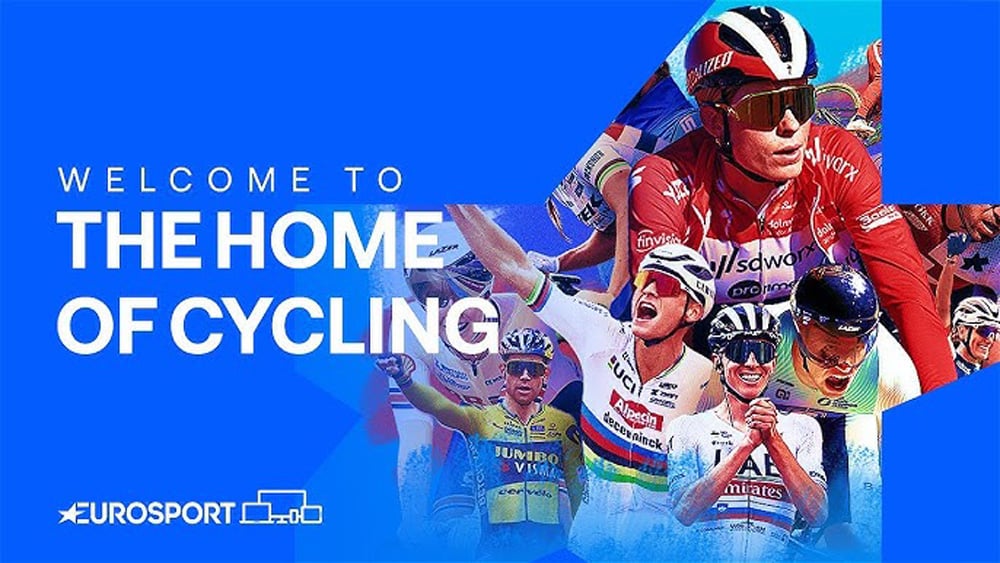
EUROSPORT the home of cycling – Maybe not
# Catch up on pro cycling – and its context within the broader world of sports – with AIRmail … Analysis, Insight and Reflections from The Outer Line. You can subscribe to AIRmail here, and check out The Outer Line’s extensive library of articles on the governance and economics of cycling here. #
Like PEZ? Why not subscribe to our weekly newsletter to receive updates and reminders on what’s cool in road cycling?

Source link : http://www.bing.com/news/apiclick.aspx?ref=FexRss&aid=&tid=67ba9de3df3d45a587a3e7d34e5833f0&url=https%3A%2F%2Fpezcyclingnews.com%2Ffeatures%2Fis-ineos-sport-empire-collapsing-time-for-independent-race-safety-monitors-netflix-series-ends-enhanced-games-on-track-continuing-squeeze-on-niche-sports%2F&c=16148804438139814900&mkt=de-de
Author :
Publish date : 2025-02-21 00:13:00
Copyright for syndicated content belongs to the linked Source.















































